FAQ: Does Syndicating Your Content Help or Hurt Your SEO?

I've talked before about content syndication, but I've never really dug deep into its impact on your SEO. I've just mentioned things like republishing articles or auto-publishing to Medium.
Syndicating content is one of those practices that sounds entirely outside the standard SEO realm.
Think about it. If someone told you that you could benefit your business by taking your quality content and publishing it on dozens or hundreds of other sites, you'd probably laugh them out of the room. That's spam.
And yet, plenty of businesses do it with varying amounts of success. Heck, check a site like Yahoo News, and you'll see that 95% of the type of content they publish is duplicate content syndicated from other sites.
What's going on? Is this digital marketing strategy worth considering?
The first thing I need to do is lay the groundwork for this discussion. See, syndication can describe several different things, though they all come back to "publishing your content on sites other than your own, in addition to your own."
The way I see it, there are three kinds of syndication.
1. The first is syndication via different forms of content. You've probably read my posts telling you that you can get more mileage out of your content by creating a podcast, a YouTube video, a slide deck, an infographic, etc. Reformat your content, spread that new form of content around on social media, and use it to drive referral traffic back to your site.
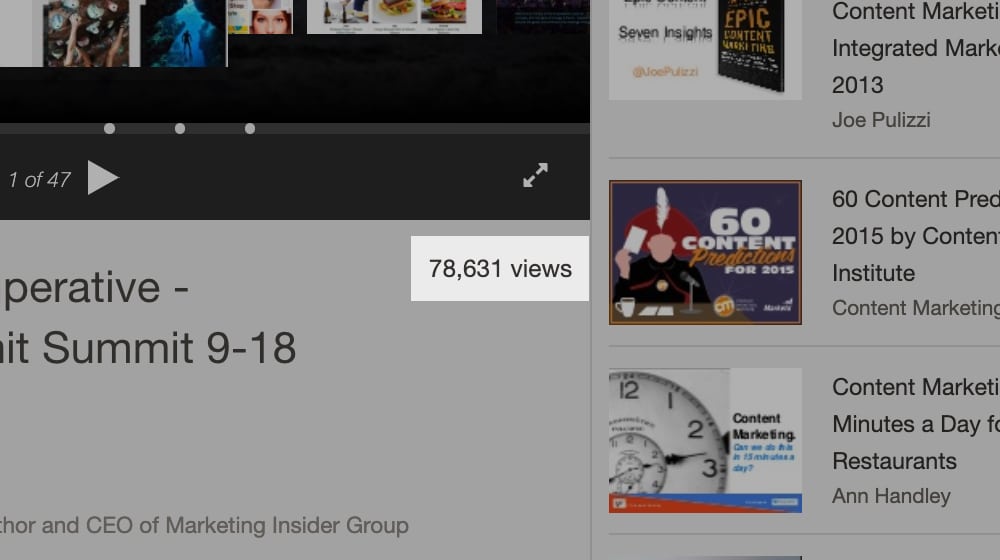
Repurposing content is technically syndication, just a kind of second-tier syndication. If you create a podcast version of your blog post and spread that everywhere, linking it back to your blog post, you're syndicating a link driver. If you repost your high-quality blog content around the web, you may lose some of the unique value of having that post on your site.
2. The second kind of syndication is automated syndication. This content syndication strategy uses cheap services, tools, automation, and freelancers to get your content (either the original article or in a secondary shape as in the first kind of syndication) on as many different sites as possible. It has a lot of overlap with the first kind since it's more of a mechanical strategy than a basic form of effort. Some businesses may use services that syndicate content and bundle it in an attractive-looking package, but the techniques are often identical.
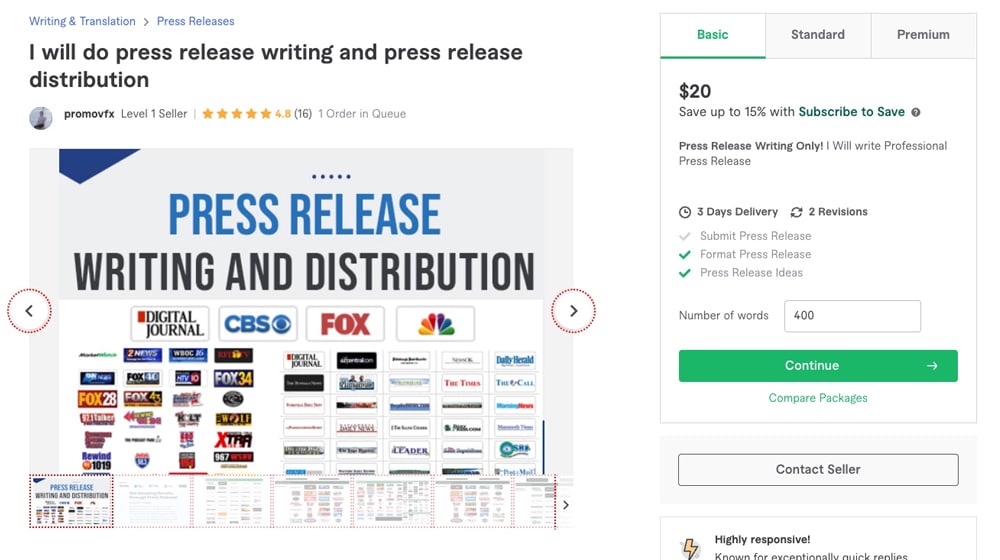
One extreme example of this is retailer syndication. These services are more aimed at product descriptions and other product page information, and it uses scripts rather than wholesale copy-and-paste for content. It's entirely automated, and search engines ignore it; they see the copy, and they can parse it if they want, but they probably won't.
3. The third kind of syndication is manual syndication, the kind where you make special deals with publishers to host your content with proper attribution and canonized links and all the rest. It's a lot more work, occasionally involves financial arrangements, and has the most significant benefits to your SEO strategy.
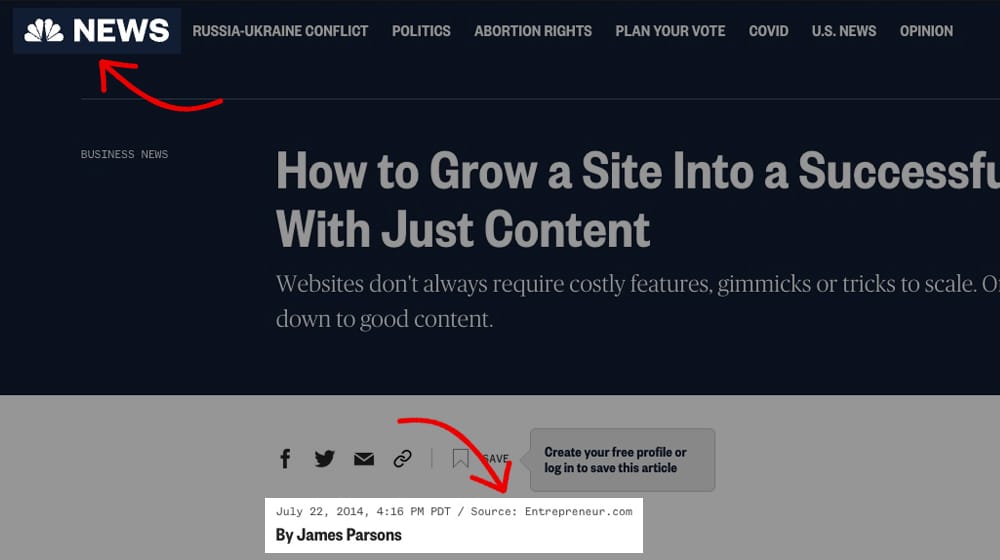
Of course, since this third kind of syndication is so valuable for content marketing, people try to speed up and automate the process, and that's how you get the first and second kinds. See how that works?
Syndication is a tricky thing for Google to manage.
On the one hand, syndication is a core element of news propagation. Every local news site across the country is syndicating most of its content from major news organizations. They're all affiliates of one broadcast center or another. There are only a handful of real news outlets these days.
Google Search can't suppress these news sites because of all of this copied content, and they don't want to. Local news sites publishing relevant national and global news is a time-honored tradition and has been around since well before the internet was invented.
On the other hand, there's a difference between syndicating news content to affiliate news stations and syndicating random blog posts across a network of other random blogs.
Here's what Google has to say directly:
"John Mueller stated that links that are automatically generated have zero ranking benefit. The reason is because the context of the link is not the context that Google wants to count for ranking purposes." – Search Engine Journal
Syndication via tools, automatic reposting, or hiring someone off of Fiverr to post your content to 5,000 sites is meaningless. It may be helpful in one particular circumstance: you're starting a new website, and you want Google to find it as soon as possible. That's called Discovery, and it's not tied to SERPs.

Now, I know you might be thinking, "The service I'm using isn't automatically generating these links!"
Do you think someone is sitting down and putting in the long hours required to publish you manually on hundreds of third-party websites? Or are they just using press releases and directory submission software to do it with the click of a button? In the vast majority of cases, these services are automated.
Syndication can be a dangerous content marketing strategy if you do it wrong. Many potential red flags can crop up if you're not careful.
Syndicating content across various third-party sites, all of which point a link back to you, might not be viewed as syndication. Instead, it might be considered an attempt to build unnatural backlinks. The chances are that Google will ignore those links, and it won't hurt or help you, but in some cases, they might decide it's bad enough to give you an unnatural links penalty.
Another way it can hurt is if you don't have proper canonical tags on the sites that host your syndicated content.
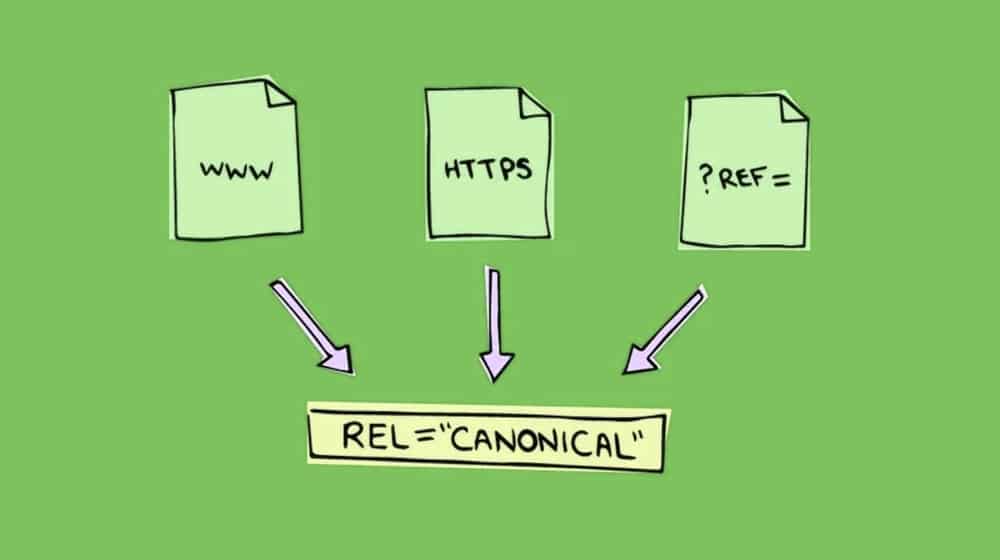
Google uses the rel="canonical" attribute in meta tags to allow content to be syndicated safely. It's a way for any site that publishes syndicate to point back to the author of the original post and show search engines where it came from. This canonical link is essential for two reasons.
- First, it minimizes the chances of Google thinking the content was stolen. If you're posting content syndicated from somewhere else, you don't want to be accused of plagiarism or content theft. Canonize it properly, and you avoid the possibility of duplicate content penalties.
- Second, it helps prevent much larger sites from out-ranking you. In the Yahoo News example, a smaller site being syndicated would be entirely overrun by Yahoo's SEO, and Yahoo would out-rank them. For the smaller website to have a fighting chance, canonizing the content helps Google know where to attribute the original source of the content.
Generally, if done right, content syndication won't hurt your SEO. But, if you rapidly fire a bunch of syndication out using automated tools, you're wasting your time, and you might do more harm than good.
It might not help your SEO or lead generation at all, but it won't nuke your site.
If syndication isn't likely to benefit your SEO, it has the potential to do a lot of damage, and it's time-consuming and primarily manual; what good is it? Why should you do it?
Well, there are three significant benefits.
1. The first is that it builds exposure to your name. When you syndicate content on major industry sites, the audience that reads it will be exposed to your content and your attribution. They may not distinctly remember you, but they'll probably remember having seen your name, and they'll be more likely to give you a bit of trust the next time they see your name come up.
2. The second benefit is that you draw in website traffic from other sources. Your syndicated content should have links to other pieces of great content you've written, contextually relevant to the topic. When you publish the content on your site, these links are excellent internal links, but they become vectors for incoming traffic when you syndicate it. They'll be nofollowed, but that's not going to hinder traffic and brand awareness.
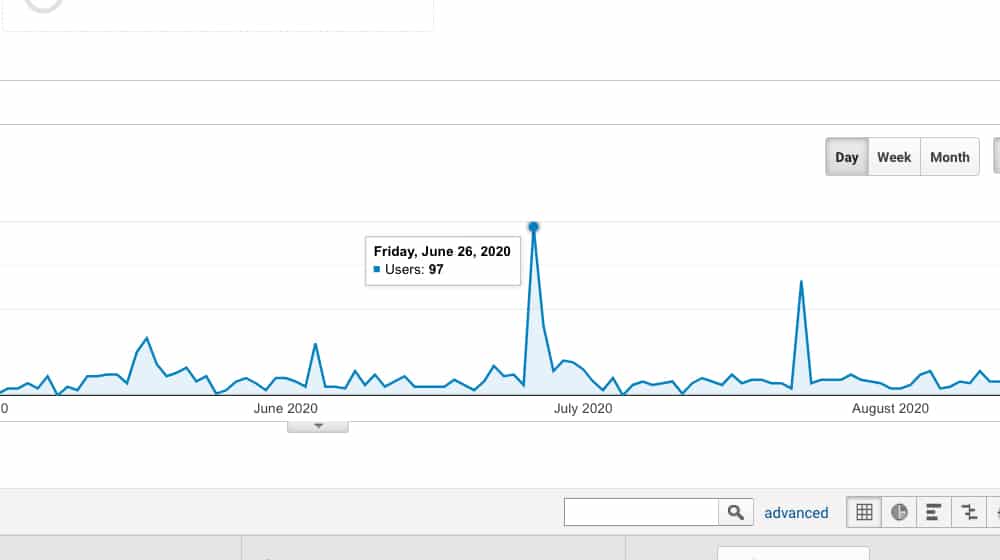
3. The third is networking. When you reach out to sites to syndicate content, you build relationships with publishers. That's why it's so much work to do syndication the right way; you can't shortcut networking.
How Do You Syndicate Content the Right Way?
The first thing I have to say is that there are no shortcuts to good syndication. If you're trying to use a tool to generate thousands of syndicated copies, or if you're mass emailing your requests, or if you're paying some affordable packaged service to do it all for you, you aren't going to get anything valuable out of it.
One of three things will happen.
- Your content ends up posted on sites that don't get real traffic, where they do nothing for you, SEO-wise or otherwise.
- Your content ends up posted on sites that don't get real traffic, where a lack of proper meta-tagging means they can look spammy and search engines may penalize your site.
- Your mass requests add you to denylists for significant publishers and put you in a more challenging position moving forward.
Shortcuts don't exist. Trying to take them is likely to hurt you as anything else.
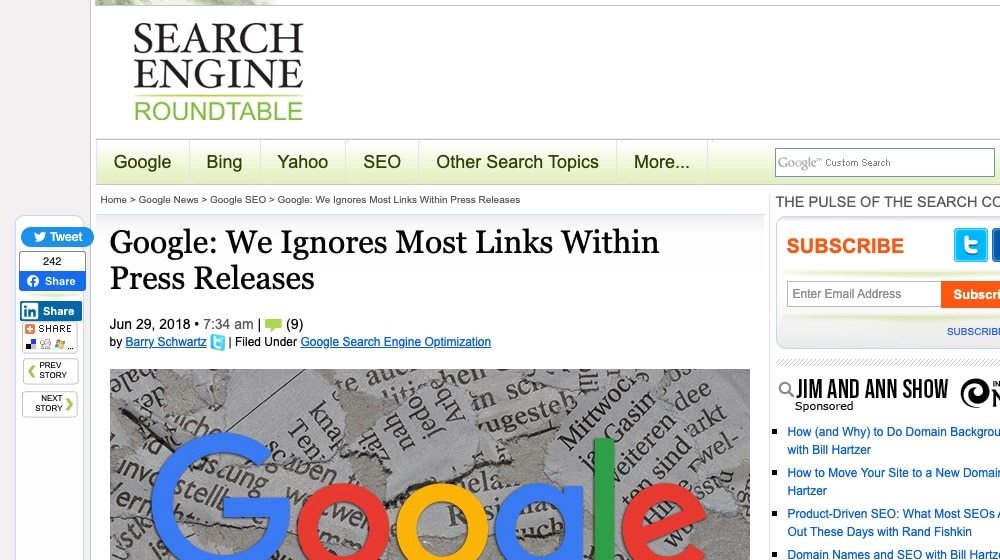
So how do you syndicate the right way?
1. First, you need to build up your brand name. Some newcomer isn't going to get much in the way of attention from publishers. You need to guest post, perform outreach, drop into interviews, participate in the community, and grow your blog naturally. The bar is lower than you think, but it's still there.
2. Second, you need to choose content syndication partners. Researching these partners is a big part of proper syndication. You can't just shoot your request off to anyone; you want to make sure your content matches the new audience and style, that they accept syndication in the first place, and that they don't have a reason to deny you (like working with one of your main competitors.)
Once you've chosen a target site, send out a request. Your request email should include:
- Personalization for the people you're reaching out to.
- Mention who you are and any high authority sites you've written for.
- A request about syndication and whether or not the site syndicates content.
That's it! You can add a line pointing out that you noticed the site syndicates content from other sites and can ask how to become a syndication partner. You can also add a line to the end saying you're willing to write unique content, too, if they want.
If you have a specific post in mind that you think would fit, you can also mention or link to it.
The content you submit for syndication should be "SEO-proofed" to make sure it will not come back to bite you. Do what you can to make sure the syndicating site uses rel="canonical" tags, or even ask if they'd be willing to noindex it so it doesn't get in the way of your version. While this might seem a tall ask, it at least shows you aren't trying to get SEO value out of the host site, so it might make them more favorable.
3. Finally, for any site that approves you, keep track of metrics as best you can. You can use these as leverage to try to upgrade from one-off syndication to a regular, ongoing relationship.

Remember, too, that you aren't going to be syndicating everything you post. You should keep your best content back on your site only and use syndicated content as a way to broaden your exposure and draw people into your real value.
You can read more in my discussion of using Medium and LinkedIn here:
The truth is that syndication can be valuable if you do it right, but it's very tricky to do right. It takes a lot of manual outreach and customization, which is not what a lot of you want when you think of syndication.
Unfortunately, there are a lot of services that fall under the category of "easy links," like press releases, slideshow and podcast directories, article syndication sites, forum links, and anything else that you can automatically post to with the click of a button. If you're building easy links, so are millions of other websites.
If you're relying on these bulk content submission services to increase your SEO, you might be disappointed in the results.










Comments